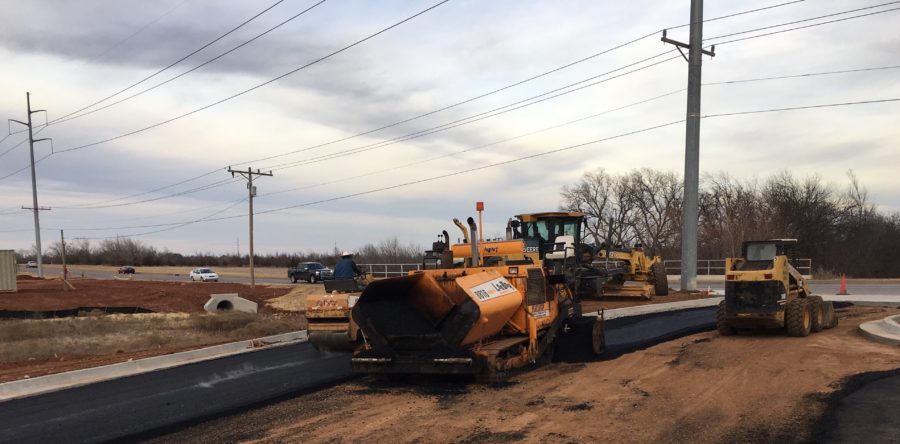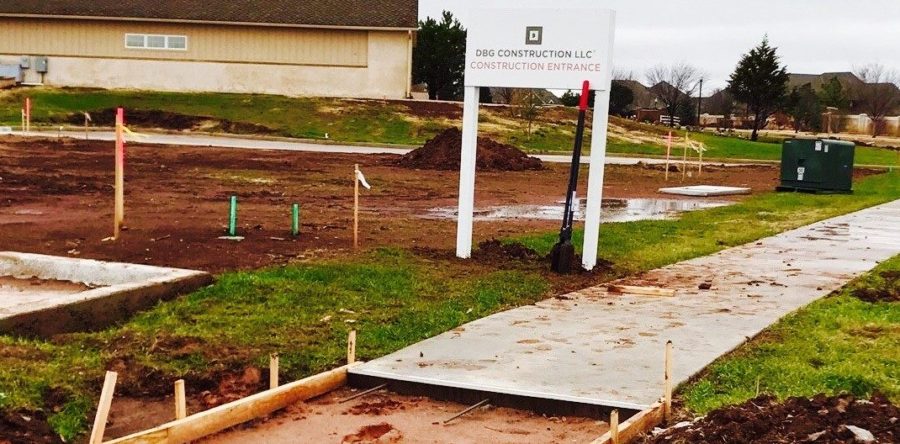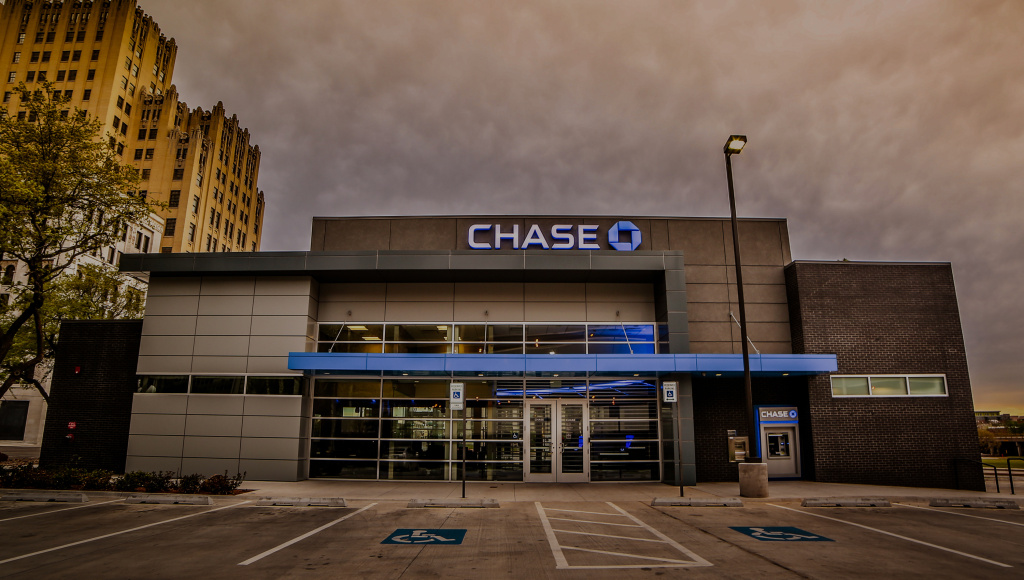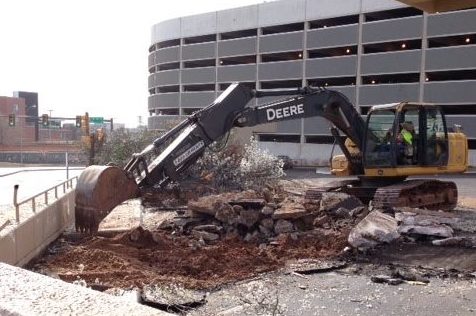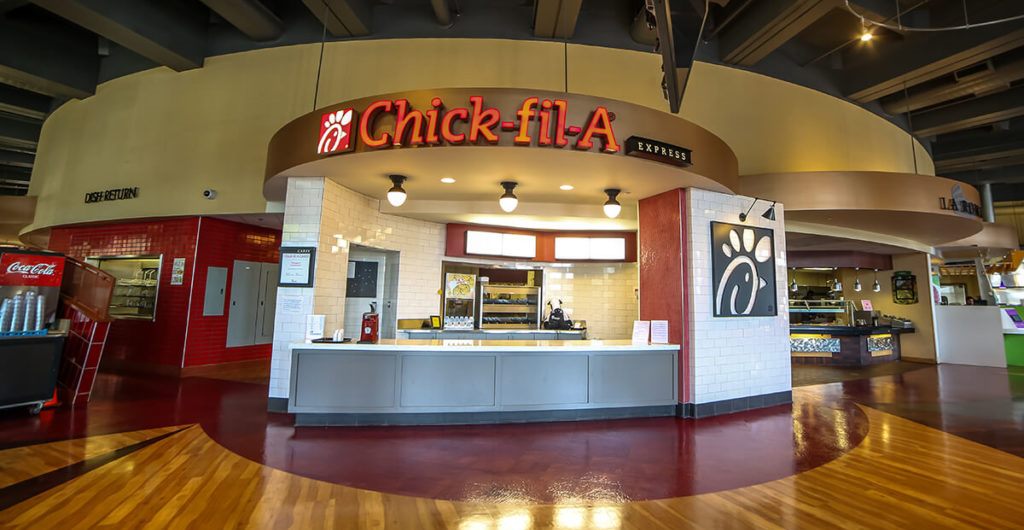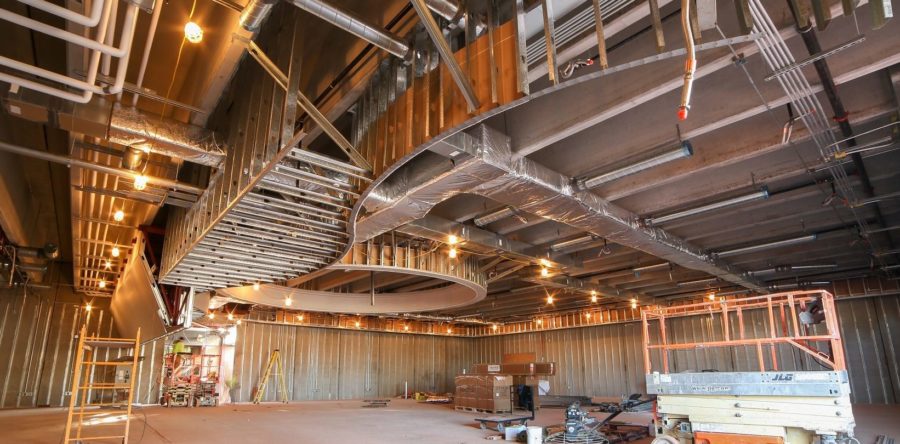
Three Common Myths About Construction
Myth #1: I can do my own general contracting.
Navigating the commercial construction industry requires years of involvement and significant technical understanding.
Does this mean that general contractors have an exhaustive understanding of every trade? No, definitely not to the same degree that subcontractors do. However, there is a reason general contractors are required to be licensed in Oklahoma.
Operational general contractors must demonstrate a basic proficiency in the construction process so they know how to build your project safely and effectively. They must know how and when to obtain the necessary permits, schedule material and long lead items, and – most importantly – manage the pipeline of communication between project managers, subcontractors, architects, and the client. This maze of project management requires an entire team of full-time, dedicated construction professionals.
Not convinced? That’s okay. We wrote down a few more reasons to consider a General Contractor here and here.
Myth #2: You can pick any general contractor.
Your project is unique, so the company that builds it should be, too.
Is it a design-build project? Some commercial construction companies have developed years of synergy with architectural firms. They know how and when to implement value engineering.
Are you constructing a multi-phase, 100,000 sqft building? Other firms have developed their portfolio in construction management and know how to execute complex phases using cost-effective and time-sensitive methods.
A firm that specializes in office renovations and repairs may not be the most qualified to handle your ground-up restaurant. That’s why it’s important to vet the experience and expertise of any general contractor.
Ask for referrals. Most general contractors who perform quality work are well-known by repeat-clients and subcontractors.
Conversely, contractors who promise low prices and perform low-quality work also develop a reputation for hemorrhaging client’s budgets with hefty change orders.
The commercial construction industry is a resourceful community. Ask for recommendations and find out what contractors deliver quality services.
Analyze their resources. The individuals who comprise the general contracting team determine the overall capability of the firm. That’s why it’s important to ask: What are the qualifications of the project managers and superintendents? How many can they dedicate onsite to your project?
For example, DBG Construction uses Procore Construction Management software to effectively record and track onsite supervision, safety, and progress. We dedicate a superintendent to a single project, and provide a comprehensive support system for processing contracts and documentation. Make sure your construction project is going to receive the detailed attention it deserves.
Myth #3: The hard cost is negotiable.
An experienced contractor is familiar enough with the trades to ensure that each piece of the project is priced properly. In fact, a quality contractor will put together a team of knowledgeable subcontractors with a record of excellent performance. This means that a general contractor has diligently estimated the hard cost of your construction project, and then added the necessary percentage to cover their overhead costs. These hard costs are the result of existing market dynamics – labor, material, or the availability of both – not the contractor’s desire for profit.
(Fun fact: Overhead costs are how we take care of our people – including providing water and accommodations for onsite workers. You can read more about overhead costs here: “Contractor Markup – What are you really paying?” SucceedWithContractors.com.)
What is left to negotiate? A successful general contractor in the commercial construction industry knows that they can only afford to drop the price if they can adjust the scope of work.
They often provide value engineering services to analyze the specifications and replace various materials and finishes with cost-effective alternatives. Without examining other options for material or labor, the hard cost of your project remains the same, but an experienced general contractor has the resources and the network to help keep your project in budget without sacrificing quality.
Looking for a general contractor for your next commercial construction project? We’d love to hear about it. Contact the DBG team!

